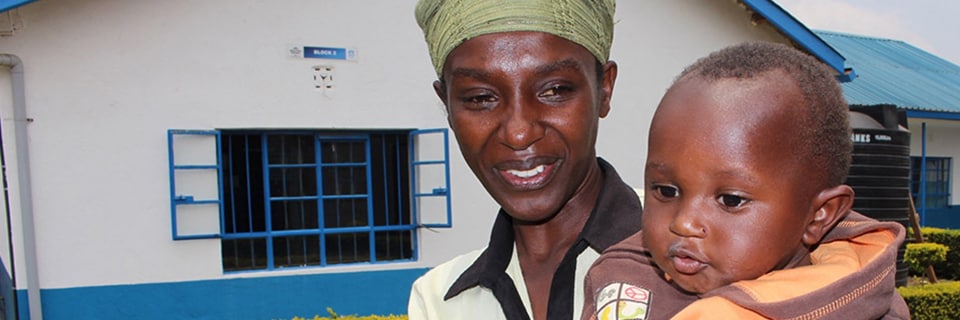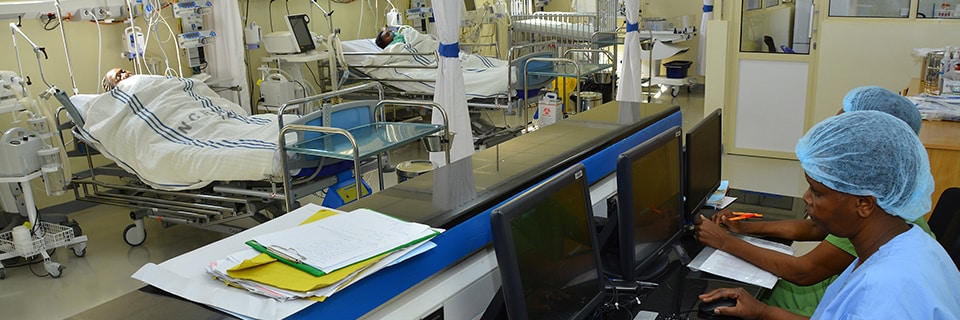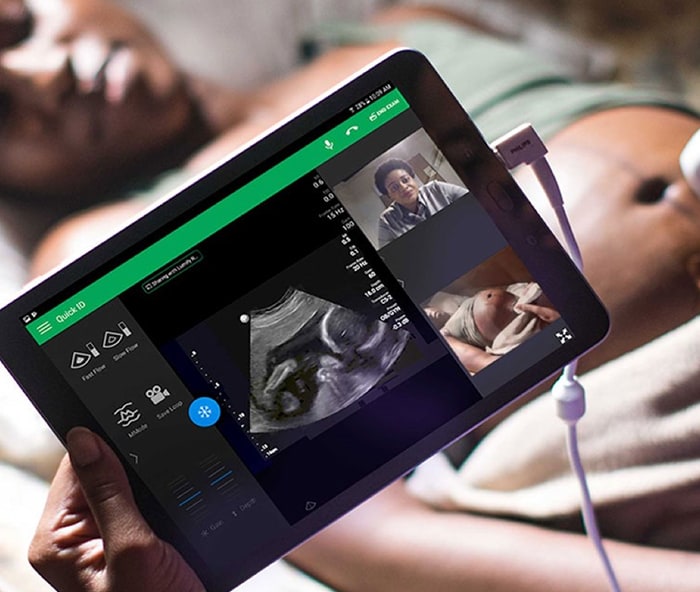Expanding access to care
At Philips, we aim to improve the lives of 2.5 billion people a year by 2030, including 400 million people in underserved communities. Responding to the call for public and private collaboration to strengthen health systems and secure a path to universal health coverage (UHC), we are committed to working together with our partners to enable sustainable healthcare and expand access to care for underserved communities.
Expanding access to care
At Philips, we aim to improve the lives of 2.5 billion people a year by 2030, including 400 million people in underserved communities.
Responding to the call for public and private collaboration to strengthen health systems and secure a path to universal health coverage (UHC), we are committed to working together with our partners to enable sustainable healthcare and expand access to care for underserved communities.
Responding to the call for public and private collaboration to strengthen health systems and secure a path to universal health coverage (UHC), we are committed to working together with our partners to enable sustainable healthcare and expand access to care for underserved communities.

What does it take to improve access to care?
Our goal is to help strengthen health systems via the digital transformation of healthcare. We deliver meaningful innovation by connecting people, data and technology, together with our customers and partners in the ecosystem. Technological innovation alone will not be enough to strengthen health systems and achieve UHC by 2030. It will also take responsible leadership, a collaborative approach, new business models and financing solutions, underpinned by strong primary care systems and high-quality health services.

How we are expanding access to care
We start by listening to the needs on the ground. We do this with the support of global and local teams and partners that gather quantitative and qualitative insights. We are helping to expand access to affordable, quality care by:
Driving digital and technological innovation across the health continuum At Philips, we believe digital and technological innovation along the health continuum is key to expanding access to care and achieving UHC. Our digital and technological innovations help consumers play a more active role in the management of their own health and optimize care delivery across the continuum. They also reach patients in rural and other underserved communities, providing, for example, primary care solutions, self-diagnosis, and tele-consults. Developing new business models and financing solutions For locally relevant innovations to take off and scale, we recognize the need for new business models that bring together donors and impact investors, governments, NGOs and the private sector. In light of the increasing costs of healthcare, at Philips, we work with governments and other stakeholders to make healthcare ready for private investment and build on domestic resource mobilization. We also collaborate with third-party financial institutions to structure and provide financial models, such as the technology-as-a-service model or the performance-based incentive program, and Philips Capital provides and facilitates flexible financing solutions to hospitals and healthcare networks. Building strong partnerships within an ecosystem of collaboration At Philips, we believe that ecosystem thinking is key: no single intervention will unlock the potential of digital health technologies. Our approach is to collaborate with various stakeholders – from local communities, governments, NGOs, international organizations, UN bodies and academic institutions to private sector companies and impact investors, and development and commercial banks. This makes it possible to strengthen healthcare systems, sharing risks and benefits along the way. Additionally, we are actively involved in various platforms driving the UHC agenda for fostering developments in primary healthcare, such as the UHC2030 Private Sector Constituency, Human Capital Project, Every Woman Every Child, the SDG Partnership Platform Kenya and the Digital Connected Care Coalition (DCCC). DCCC, co-initiated with 20+ members, was created at the end of 2019 to accelerate the digital transformation of healthcare and support the journey towards Universal Health Coverage (UHC) across low- and middle-income countries (LMICs). DCCC brings together a comprehensive and cross-disciplinary membership base that forms a networking and action-oriented platform.
Philips Foundation
Philips Foundation is a registered non-profit organization established in 2014 with the mission of reducing healthcare inequality by providing access to quality healthcare for underserved communities worldwide.
In the spotlight
In Africa, Philips is collaborating with key stakeholders to expand access to care, helping to pave the way towards universal health coverage (UHC) by 2030.
ESG news and insights
You may also find the following articles interesting
You may also find the following articles interesting


